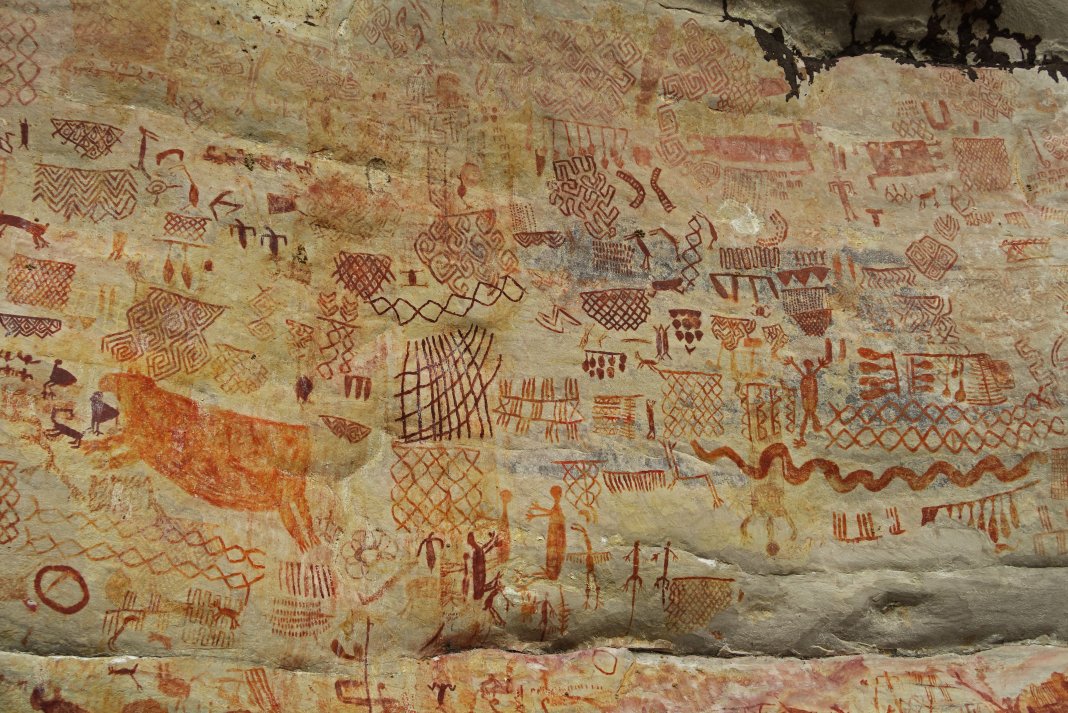You know your business or organisation does great work. The problem is, how do you get other people to care? The answer lies in storytelling. From cave paintings to friends gossiping and that gritty new Netflix drama, stories are the fabric of civilisation.
According to the BBC, the average adult spends at least six percent of their day engrossed in fictional stories on various screens. Add in books, magazines, and all that idle chit chat and you’re immersed in stories for a lot of your waking hours.
But why do we dedicate so much time and energy to them? It’s because storytelling is fundamentally human. We are evolutionarily wired for it because we are a social animal. To survive and thrive, we needed to communicate, sharing ideas over distance and time.
According to cognitive psychologist Jerome Bruner, we are 22 times more likely to remember a fact when it’s tied up in a story. This is because we recognise shared needs and emotions in tales about others, which creates familiarity and trust. Brain scans have shown that when we hear or read stories, the social and emotional processing parts of our brains are activated.
Scientists define this as a form of cognitive play. Stories are a way to teach us empathy and help us understand the minds of other people. And by forging this emotional connection, stories make information memorable.
From cave paintings to friends gossiping and that gritty new Netflix drama, stories are the fabric of civilisation.
Gather round…
Take these two scenarios: A conservationist is being interviewed on the news about elephants.
In one interview, he gives lots of information – how big they are, what they eat, the different techniques to protect them, etc. In another, he recollects seeing an elephant for the first time. He was on a family holiday, visiting a sanctuary for orphaned animals.
He remembers feeling sad at first, but then recollects the joy he felt at helping to feed and look after the elephants, seeing the difference he could make. He explains that it parked a life-long love for these animals and taught him how valuable they are.
Which one sticks with you more? It’s most likely the latter. You’ve put yourself in his shoes and are emotionally tied to the cause in a way you wouldn’t have been with just a list of facts. You may even be more likely to donate to the cause, and definitely more likely to talk about it.
Telling your tale
Storytelling is undeniably powerful. So, how can you weave it into your communications? Here are some things to think about:
1. Emotion
What’s your organisation’s cause or purpose? How does it make you and others feel, and why? How do you want people to feel about it?
Even the most seemingly boring topic can have emotions attached to it, because if someone cares about it, then anyone can care about it.
2. Structure
At their most basic level, stories have a beginning, middle, and end. Or, a problem, journey, and resolution. They give it flow and logic, which keep people engaged.
Be sure to incorporate all the steps, with some little surprises thrown in along the way. Oh, and keep it simple! It’s always better to not overcomplicate things.
3. Characters
Characters give a place for our emotions to land. We all need somebody (or something) to root for, especially if it’s an underdog.
Think about who or what will carry your story forward and what their motivations are.
This could be anyone – an employee, someone who’s used your service or product, or even the product itself (think – the M&M adverts).
4. Universality
What are common experiences of the human condition?
While we may come into contact with them differently, some things are universal regardless of background or culture – birth, death, love, aspiration, conflict.
Think about what makes us human and weave that into your narrative.
It will help anybody, anywhere, relate to the story you’re telling.
Read: The power of 600 words


















